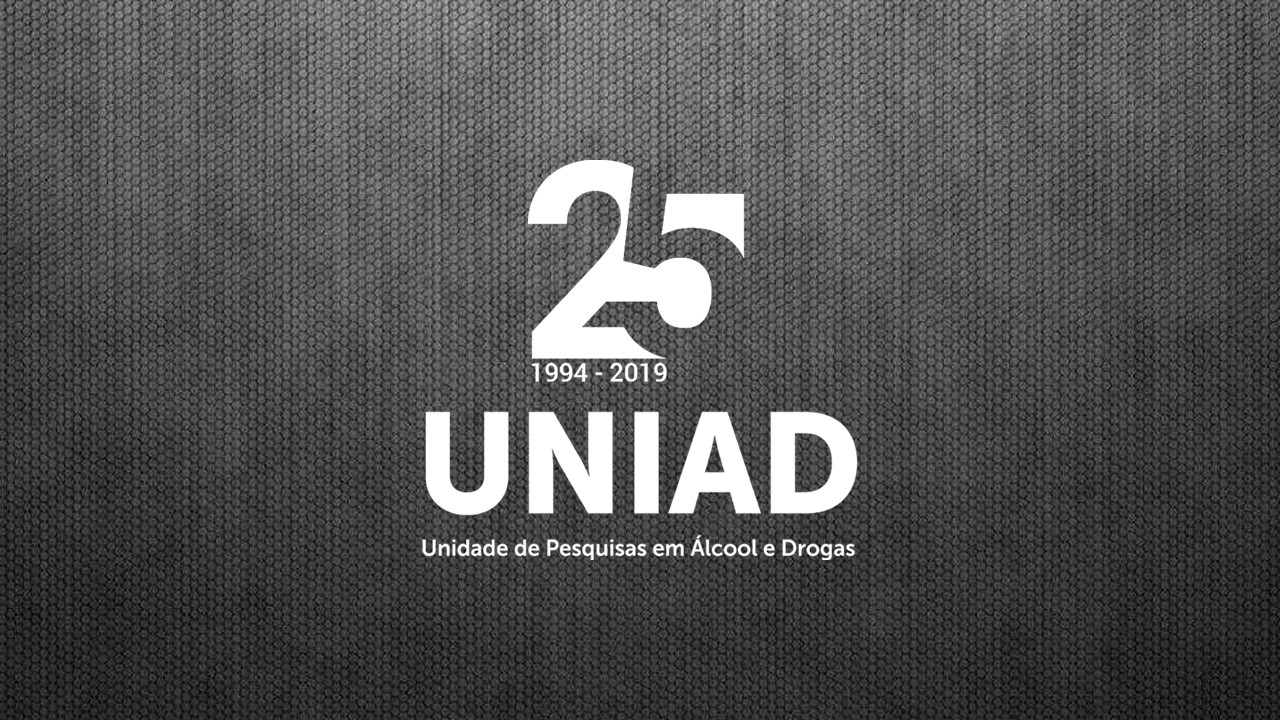Factors associated with crack-cocaine early initiation: a Brazilian multicenter study

Background
Crack-cocaine dependence is a serious public health issue, related to several psychiatric and psychosocial problems. Crack-cocaine users are usually embedded in a context of great social vulnerability, often associated with violence, poverty, family conflict and easy and early access to alcohol, tobacco and other drugs.
Methods
This cross-sectional study enrolled a consecutive sample of 577 patients admitted to 20 therapeutic communities located in Southern Brazil, between September 2012 and September 2013. A structured interview assessed life-time exposure to risk and protective factors for drug use, such as parental monitoring in childhood, deviant behaviors and peer pressure.
Results
Presence of family conflict (p = 0.002), maltreatment (p = 0.016), and deviant behavior prior to age 15 in a bivariate analysis predicted an earlier age of crack-cocaine initiation, whereas adolescents experiencing parental monitoring during adolescence started use later (p < 0.001). In the multivariate model, perceptions related to ease of access of illicit drugs (marijuana: p = 0.028, 95% CI = − 3.81, − 0.22; crack-cocaine: p < 0.001, 95% CI = − 7.40, − 4.90), and deviant behavior (threatening someone with a gun: p = 0.028, 95% CI = − 2.57, − 0.14) remained independent predictors of early age of crack-cocaine initiation.
Conclusions
Early onset of crack-cocaine use seems to be associated with exposure to family conflict, easy access to drugs and deviant behavior. Treatment and preventive programs should take these factors into account when designing and implementing community interventions.
Read the full article: https://bmcpublichealth.biomedcentral.com/articles/10.1186/s12889-021-10769-x

